Roscoe Mitchell Quartet - Celebrating Fred Anderson
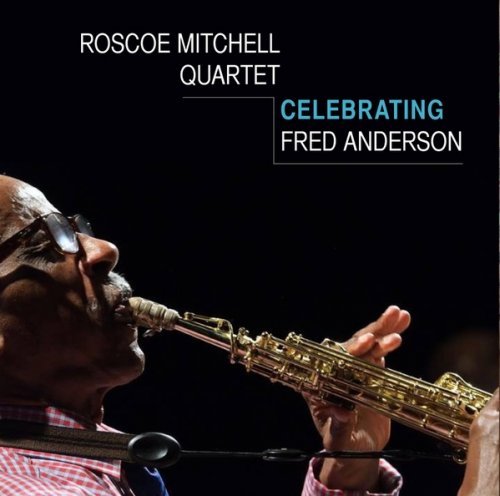
Artist: Roscoe Mitchell Quartet
Title: Celebrating Fred Anderson
Year Of Release: 2015
Label: Nessa Records
Genre: Avant-Garde Jazz, Free Improvisation
Quality: FLAC (tracks)
Total Time: 70:03
Total Size: 429 mb
WebSite: Album Preview
Tracklist:Title: Celebrating Fred Anderson
Year Of Release: 2015
Label: Nessa Records
Genre: Avant-Garde Jazz, Free Improvisation
Quality: FLAC (tracks)
Total Time: 70:03
Total Size: 429 mb
WebSite: Album Preview
1. Song for Fred Anderson
2. Bernice
3. Jhe Velvet Lounge
4. Hey Fred
5. Ladies in Love
6. Cermak Road
Roscoe Mitchell - alto, soprano & sopranino saxophones
Tomeka Reid - cello
Junius Paul - bass
Vincent Davis - drums
Recorded five days after what would have been the Chicago saxophonist’s 85th birthday, Celebrating Fred Anderson accomplishes exactly that through a program of challenging concert music that parallels the spirit if not letter of its dedicatee. Composer/reedist Roscoe Mitchell flew in from his Oakland residence to convene an ensemble of AACM colleagues for the occasion. Cellist Tomeka Reid, bassist Junius Paul and drummer Vincent Davis were each affected personally and professionally by Anderson whose impact on the city’s community of musical improvisers remains both pervasive and indelible. Mitchell’s senior by ten years, Anderson’s history with goes back prior the formation of the AACM. While they didn’t collaborate often over their careers kindred creative spirit was manifest whenever the opportunity arose.
Mitchell’s title piece builds patiently from a slowly coalescing swirl of sopranino chirrups and bleats and percussive strings and drums textures, gaining momentum and density into a dervish-like circular breathing tour de force that doesn’t ebb until well past the seventeen-minute mark. While Anderson eschewed the sort of extraordinary extended technique that Mitchell deploys at length, the exhaustive exploration of constituent parts is right in line with the elder saxophonist’s methods of improvisation. Anderson could torque and parse a melodic line as if peeling the layers of an endless onion and Mitchell undertakes a comparable approach here to ultimately incandescent effect.
“Hey Fred” follows a similar trajectory, this time with Mitchell on garrulous soprano, generating velocity and ferocity as Reid and Paul churn and boil around him. The tsunami swell breaks in the final minutes giving way to a prickly thicket of a solo from Paul. Mitchell’s absence on “The Velvet Lounge” leaves the strings and Davis to a series of conjoined statements starting with Reid’s darkly bowed reverie and concluding with a tempered oceanic tempest for drums. Different in cast, “Cermak Road” serves as a fractious, but fitting encore with Mitchell’s sopranino darting, diving and buzzing through angular ambulating rhythm sustained by the striding strings and Davis’ diagonal interjections.
In addition to the quartet of Mitchell compositions, the group also undertakes a pair of Anderson pieces, the probing ballad “Bernice” and the rambunctious romp “Ladies in Love”. The former opens with a brittle conclave of plucked and bowed strings as Mitchell’s melancholy alto intones the cerulean-tinted theme. A pattern of chamber sonorities ensues with Reid and Paul weaving a harmonic canopy around the leader’s swaying, downcast variations and Davis’ judicious accents. Mitchell opens the second piece with a legato statement of the lilting theme on sopranino before turning craggy and caustic through extreme timbral fluctuations. Reid answers with dark arco scribbles and another dry chamber investigation of rippling, overlapping lines ensues encircled by Davis’ churning, surging drums. Somehow it resolves on another final essay of the theme.
Earlier this year, the city of Chicago christened a new dog park in Anderson’s memory, a gesture that while grand also seemed a bit disconsonant. Mitchell’s musical tribute is more congruous. Having just celebrated a 75th birthday himself he shows no indication of hanging up his horns or composerly quill. Anderson would no doubt be honored by his old friend’s observance and the continued tenacity of his creative endeavors. (Derek Taylor)
Mitchell’s title piece builds patiently from a slowly coalescing swirl of sopranino chirrups and bleats and percussive strings and drums textures, gaining momentum and density into a dervish-like circular breathing tour de force that doesn’t ebb until well past the seventeen-minute mark. While Anderson eschewed the sort of extraordinary extended technique that Mitchell deploys at length, the exhaustive exploration of constituent parts is right in line with the elder saxophonist’s methods of improvisation. Anderson could torque and parse a melodic line as if peeling the layers of an endless onion and Mitchell undertakes a comparable approach here to ultimately incandescent effect.
“Hey Fred” follows a similar trajectory, this time with Mitchell on garrulous soprano, generating velocity and ferocity as Reid and Paul churn and boil around him. The tsunami swell breaks in the final minutes giving way to a prickly thicket of a solo from Paul. Mitchell’s absence on “The Velvet Lounge” leaves the strings and Davis to a series of conjoined statements starting with Reid’s darkly bowed reverie and concluding with a tempered oceanic tempest for drums. Different in cast, “Cermak Road” serves as a fractious, but fitting encore with Mitchell’s sopranino darting, diving and buzzing through angular ambulating rhythm sustained by the striding strings and Davis’ diagonal interjections.
In addition to the quartet of Mitchell compositions, the group also undertakes a pair of Anderson pieces, the probing ballad “Bernice” and the rambunctious romp “Ladies in Love”. The former opens with a brittle conclave of plucked and bowed strings as Mitchell’s melancholy alto intones the cerulean-tinted theme. A pattern of chamber sonorities ensues with Reid and Paul weaving a harmonic canopy around the leader’s swaying, downcast variations and Davis’ judicious accents. Mitchell opens the second piece with a legato statement of the lilting theme on sopranino before turning craggy and caustic through extreme timbral fluctuations. Reid answers with dark arco scribbles and another dry chamber investigation of rippling, overlapping lines ensues encircled by Davis’ churning, surging drums. Somehow it resolves on another final essay of the theme.
Earlier this year, the city of Chicago christened a new dog park in Anderson’s memory, a gesture that while grand also seemed a bit disconsonant. Mitchell’s musical tribute is more congruous. Having just celebrated a 75th birthday himself he shows no indication of hanging up his horns or composerly quill. Anderson would no doubt be honored by his old friend’s observance and the continued tenacity of his creative endeavors. (Derek Taylor)
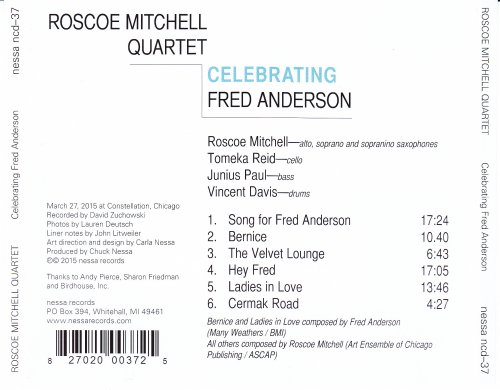
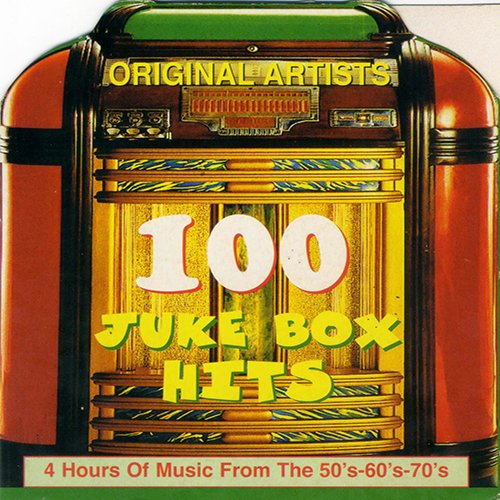
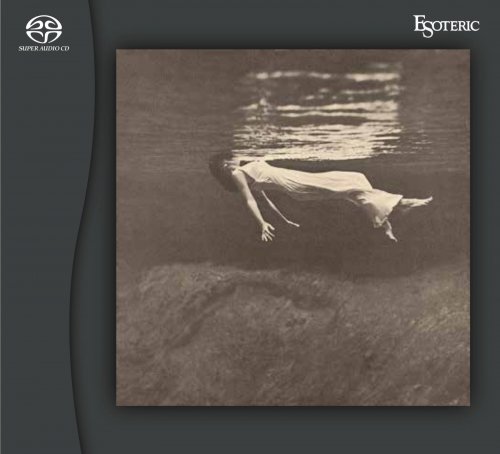
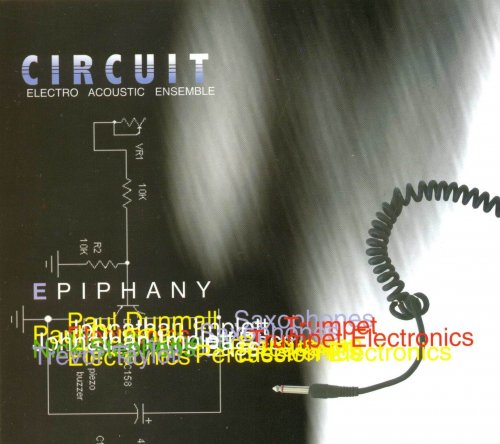
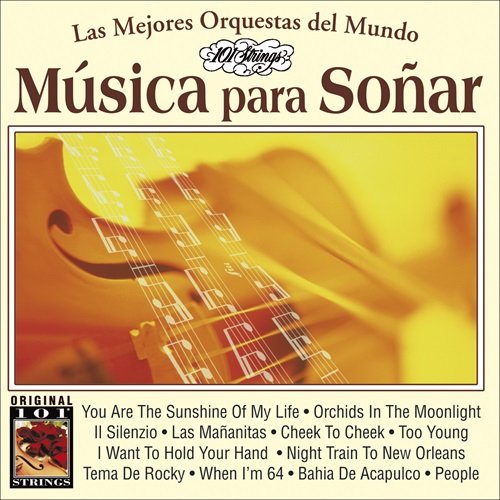
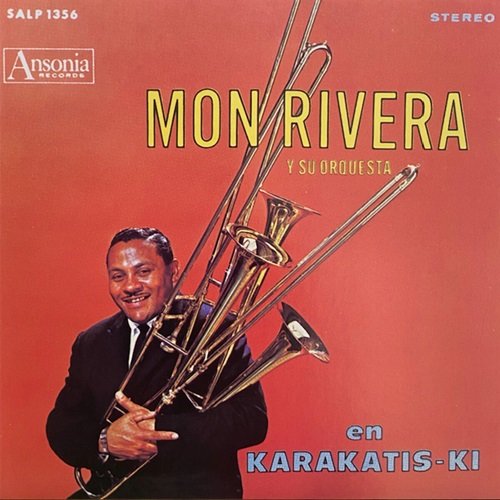
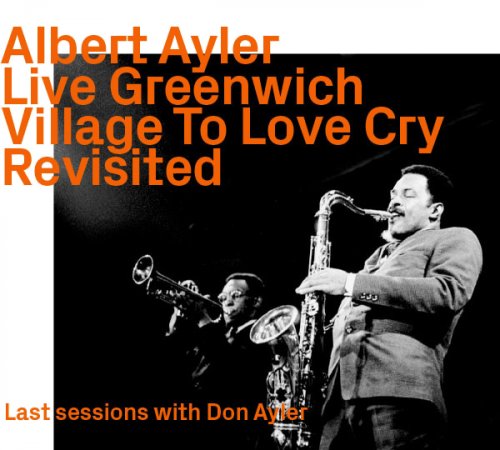
![Bob James, David Sanborn, Tsuyoshi Yamamoto, Susan Wong, Fourplay - The Best Of Evosound Audiophile (2024) [SACD] Bob James, David Sanborn, Tsuyoshi Yamamoto, Susan Wong, Fourplay - The Best Of Evosound Audiophile (2024) [SACD]](https://www.dibpic.com/uploads/posts/2026-02/1771744987_folder.jpg)
![Martin Listabarth Trio - In Her Footsteps (2026) [Hi-Res] Martin Listabarth Trio - In Her Footsteps (2026) [Hi-Res]](https://www.dibpic.com/uploads/posts/2026-02/1771946819_folder.jpg)
